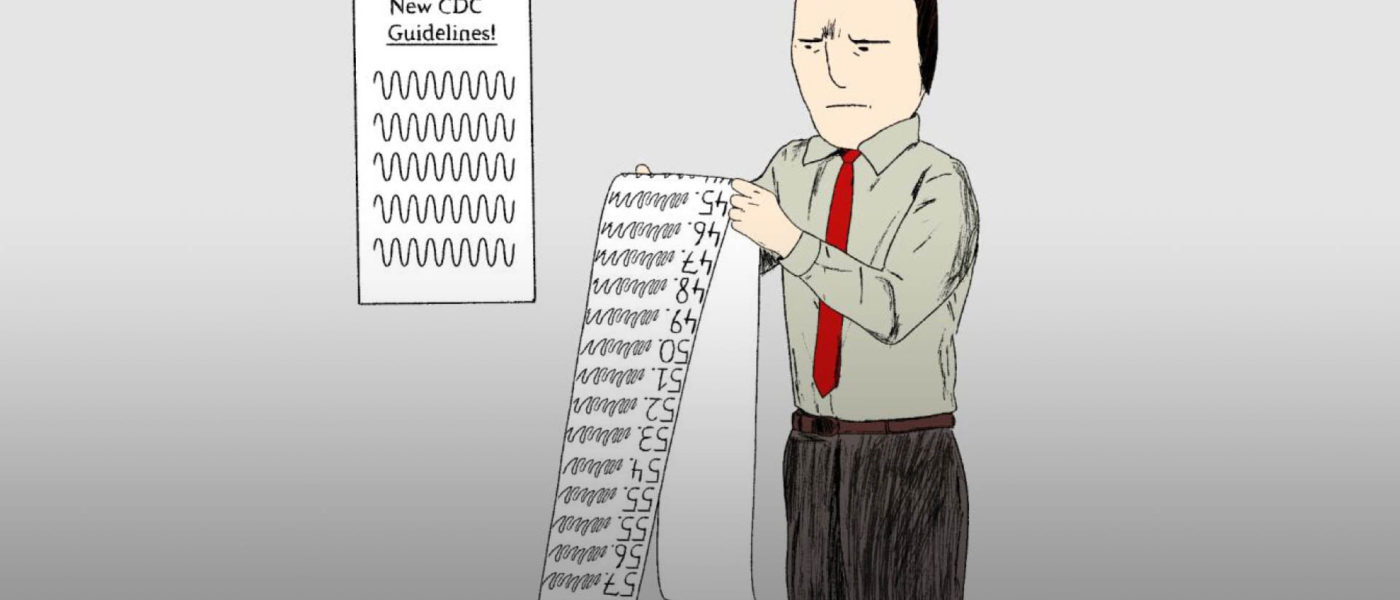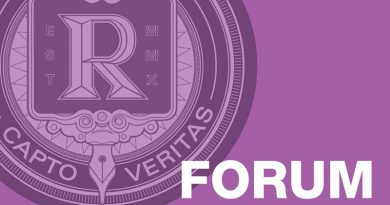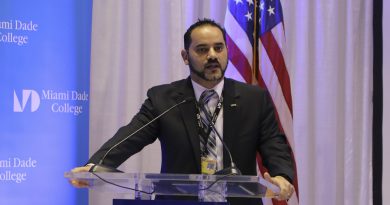Governments Turn To Social Control In Times Of Crisis
Since the pandemic started, traveling has become a complicated activity. If you have traveled recently, you have found more and stricter security procedures in place.
Those who enter the United States must follow new Centers for Disease Control and Prevention guidelines. They include testing negative for COVID-19, wearing a mask and getting vaccinated if one’s eligible.
How strict an airport is on enforcing procedures depends on how solid that country’s ideals are. Some institutions may vary, but in one form or another, the intention is always the same: surveillance is always needed to control the influx of bodies leaving and entering a country.
This is the government’s way to adapt after transformational events. Something similar is happening with the pandemic: disciplinary institutions want to establish control.
But how does this apply to the country itself? Are the same control mechanisms applied throughout the country?
Once the coronavirus hit, the state not only enforced quarantine but also collective action. There were mask implementations, social distancing, curfews and large groups were disbanded. Unlike in normal times, the central domain of control was not just the traditional disciplinary institutions but rather our homes.
Before the pandemic being at home meant dissociating from the outside world. However, the pandemic has merely extended and amplified a lifestyle where your bed—a place previously associated with resting—can now be your office or kitchen table.
Our lifestyle is now comparable to that of a prisoner. Our homes confine our bodies while social media and information have become our jailers and guards.
We have had disciplinary institutions in our society for a while, but COVID-19 has extended the implementations of these institutions so much that they now live inside our homes. Not to mention that the spectacle and hyperconsumption, combined with the necessity to be indoors, has made our homes the central economy of communications and consumption.
Even the way politics is done has changed. People now politicize aspects that relate to public safety, such as wearing masks during a global pandemic. This upsets me but does not surprise me, as the body is the central object of all politics—there is no politics that is not the politics of the body.
It is clear that the apparatus of these institutions—whether it is confinement, surveillance or more—are used for social control in times of crisis.




